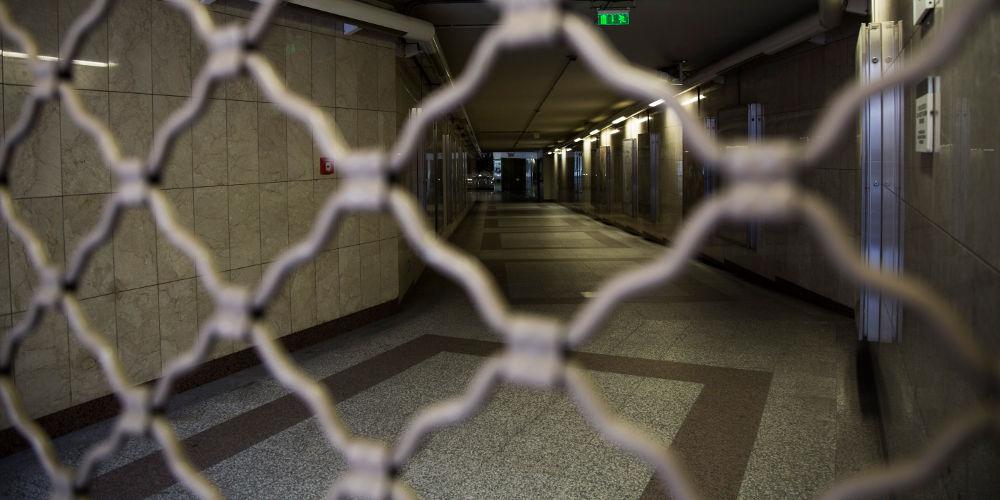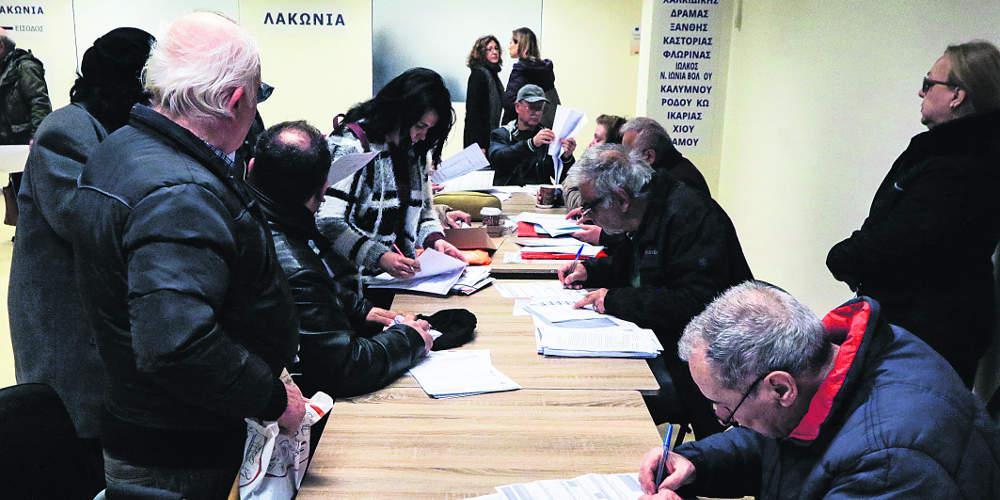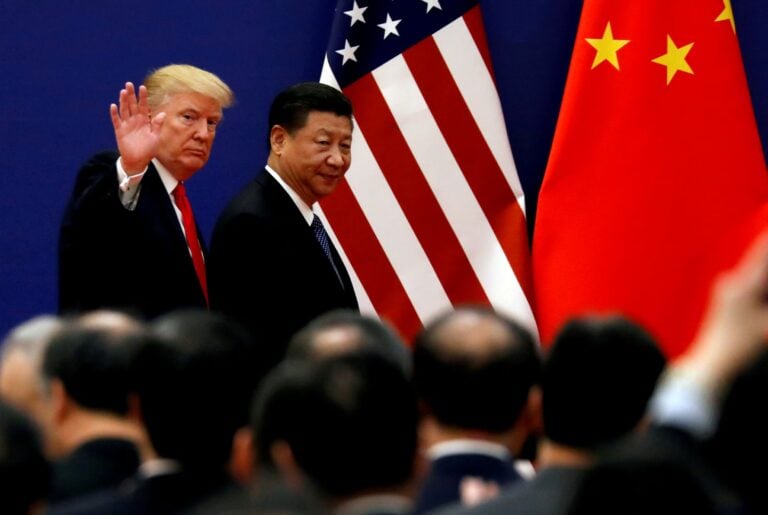First, he said, geography has placed the two countries in close proximity, which is something that “we cannot change, so we ought to handle it,” therefore “we should be discussing issues with our neighbors.”
International Law is the second principle, he added, noting that “if you use International Law selectively when international disputes arise, at some point you will find yourself facing your own history,” but “if you are consistent with the application of International Law – sooner or later you will be vindicated.”
Issues relating to national sovereignty are off the agenda, he noted as the third principle, “as an issue concerning national sovereignty will never be discussed, namely issues that have to do with a unilateral decision by Greece.”
“We must have safety valves for decompression, so that every time a disagreement arises it should not result in tension and/or a crisis,” he noted as principle number four, adding that “this I feel we have achieved to a good extent,” and that “maybe sometimes the two ministers need to talk more,” even if it concerns issues “of minor policy or importance.”
Fifth in order is the fact that “the long period of quietness which we have been experiencing for about ten months, is in itself a conquest. It’s something that was not a given.”
Finally, Gerapetritis emphasized that in his opinion, “peace and prosperity are not promoted by inaction, they are promoted by equanimity and bravery in the decisions one makes.”





























































